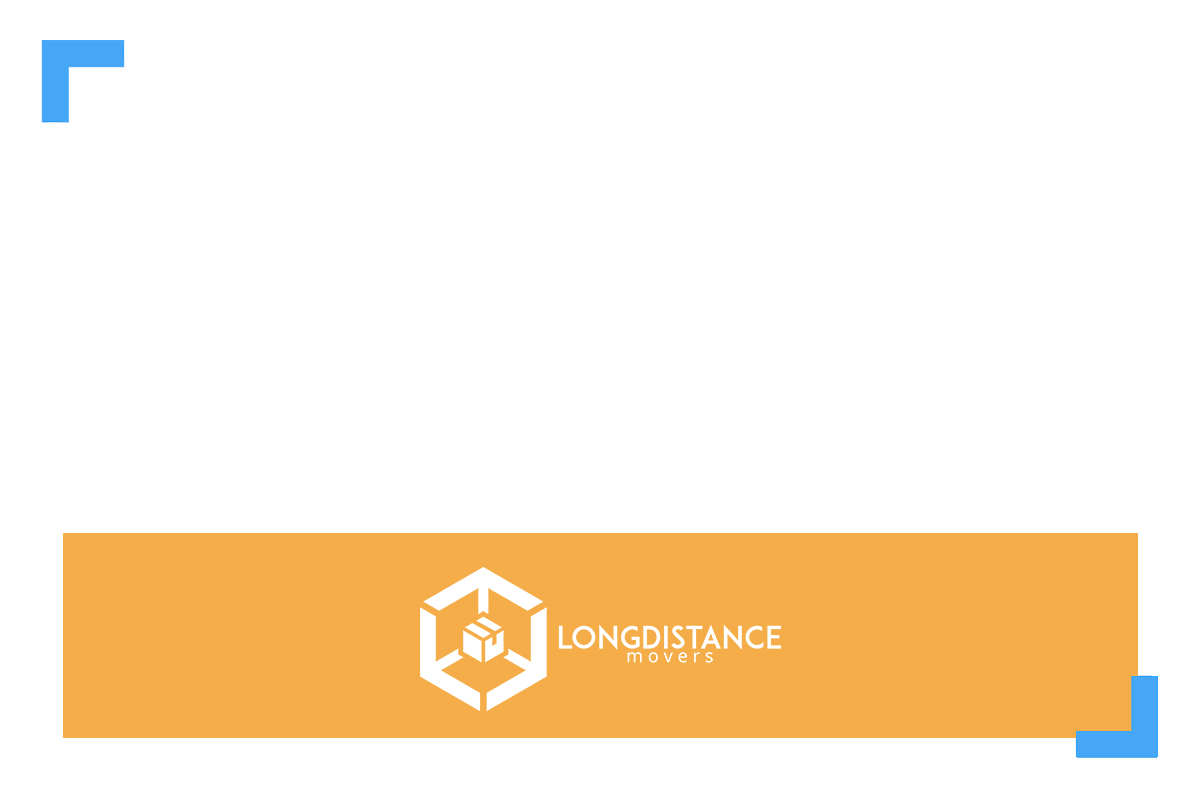Medical bills that look like phone numbers aren’t uncommon in the US. To avoid that, enrolling in new health insurance when moving to another state should be among the tasks once you decide to relocate. Once you cross the state’s border, your current plan won’t be valid anymore, so you’ll need a new one. Dodge the bullet of paying for costly doctor appointments that can add up your college debt by ensuring that you’re insured during and after cross-country moving.


Once you figure out how to move efficiently and find the best way to pack, it’s time to think about how to transfer health insurance to another state. That is actually essential when relocating to a new state if you want to avoid anxiety about moving out. Transferring health insurance to another state is one of the things you forget to do when you move, which can result in very expensive medical costs. You can’t plan when you will get sick, so make sure you’ve got the right coverage way before you learn how to meet your neighbors and relocate.
What Are the Benefits of Having a Health Insurance Plan?
It might seem that you’re good off without a program to protect your physical wellbeing, but when you think it through, you’ll see that it’s not the brightest idea. The US health system is complex, and it is notoriously expensive. Since we all need medical care sometimes, it is very beneficial to have coverage that you can count on. Here are several reasons why having a healthcare plan is good for you:
- You’ll avoid paying an arm and a leg for unexpected accidents and emergencies,
- You will have free preventive care and chronic disease treatments,
- Every user gets essential health benefits that’s critical for treating illnesses and maintaining their wellbeing.


How Does Health Coverage Work in the United States?
The US doesn’t provide universal coverage for the entire population like neighboring Canada or some other countries across the globe do. Instead, they rely mostly on employers that offer programs for their employees. Still, there are some government programs for specific kinds of people like the poverty-stricken, disabled, or elderly.
Every person that lives legally in the US and doesn’t have some kind of minimum coverage used to pay the penalty with taxes called Shared Responsibility Payment. That penalty was eliminated when the ACA (Affordable Care Act or Obamacare) was introduced. However, several states still have their mandates and penalties for not having a medical policy.
Before you start making a checklist for moving to a new state, read on to find out more about the policies you can get that will fit your budget and needs.
You Can Be Covered Through Your Work, Medicaid, Medicare, CHIP, or Other Health Insurance Resources That Meet the Affordable Care Act
The United States has two types of programs – private and public. Most of the citizens use a combination of the two. You can get coverage through Medicaid if you have limited income, Medicare is for those older than 65, and CHIP or Children’s Health Insurance Program provides coverage for kids of families with low income. Other options are having a job-based plan, coverage through COBRA, TRICARE, or Health Insurance Marketplace plans.
If You Use Marketplace, Wait for the Open Enrollment Period and Enroll in a Plan
Health Insurance Marketplace is there to help you find a policy that will suit you best. You can compare the programs, see what each of them offers and whether they have the features you find important. If you have Medicare, a job-based plan, Medicaid, or CHIP, you can’t use Marketplace. It’s only for people that don’t have any kind of coverage.
The only time when you can enroll in a Marketplace plan is when the Open Enrollment Period starts. For 2022, it runs from November 1 through January 15, and there are numerous ways in which you can apply:
- Online,
- By phone,
- With a paper application,
- With the help of someone in your community,
- Through certified enrollment partner websites,
- Through an agent.


If You’re Experiencing One of the Qualifying Events, You Can Enroll or Change Plans Even If It’s Not the Enrollment Period
Normally, people can apply for a plan only during the open enrollment period, but there are some exceptions. If you happen to experience one of the qualifying life events, you can enroll in a new plan or change plans even outside of the enrollment period. There are four basic types of events that can make you eligible for a Special Enrollment Period:
- Loss of coverage – This can happen if you’ve lost your job or you’re left without the policy you used to have through student plans or individual options.
- Changes in your residence – for example, relocating to another ZIP code regardless of the reason for moving.
- Changes in your household – These changes apply to getting a child, either by adopting or giving birth, getting married or divorced, or if someone in your family died.
- Other changes – these include leaving jail, becoming a US citizen, changing your salary, and alike.
Changes like these ensure that you don’t have to wait for a specific period to get a plan for your insurance. Depending on the circumstances, there’s a sixty days period when you can apply or change your plan. Sometimes, there are even additional sixty days before the event that you can use to get insured. Whichever of these changes happened to you, the most important thing is to have proof.
Is Moving to a New State a Qualifying Event for Health Insurance?
Fortunately, it is. No matter if you’re moving into a college dorm or if you’re moving for a job, any change of ZIP code is considered a qualifying event. In case you were wondering how long do I have to change my health insurance after moving, the answer is quite simple – you’ll have sixty days to apply for a new policy once you arrive in another state.


Can You Live in One State and Have Health Insurance in Another?
For those that travel a lot or live in one state but work in another, there’s a universal solution – the rule of thumb is to purchase a medical program in the place where you spend the majority of your time. If you’re in a situation where you have to learn how to get a job in a new city, and you’re about to spend lots of time in another ZIP code, it would be best to use the program that your employer provides. However, if you’re not a seasonal worker and you’re just traveling because you made friends in a new city, get the program at the place you live.


What Do You Need to Know About Health Insurance When Moving to Another State?
Now that we have summarized the basic information about getting insured in the US, it’s time to tackle the topic of moving out of state health insurance. Supposing that you already have a program, you’re probably interested in finding out how does insurance work when you move out of state. It probably doesn’t. Not many states have the same provider, so if you’ve crossed the border, the chances are that the answer to the question of can I use my health insurance in another state is probably no.
However, most of the states use Marketplace, and they should be one of the first to notify when moving. Submit your change of address if you’re moving locally, and for long-distance moving, create another account and buy a policy that fits your needs.
One of the Solutions Is Expanding Your Plan
If you’re wondering can you keep your plan even if you left or lost your job, we have some good, although expensive, news. If you use COBRA – Consolidated Omnibus Budget Reconciliation Act, you can expand the program you had with your employer for another eighteen months. There are family and individual premiums, and you’ll have sixty days to decide whether you want to use this option or not.
If You Weren’t Covered Through Your Employer, Consider a Short-Term Plan
In case you got out of your employer’s program before your move and you don’t plan on learning how to get a job in another state before moving there, keep in mind that there are other options other than job-based programs. You can consider enrolling in a short-term program that will cover emergencies and major problems, and they can’t be bought through any federal programs. These temporary plans can last anywhere from thirty days to a year, and they’re very easy to get. This option can be very good if you’re moving alone and not relocating with kids.


How to Prove That You Moved If You Didn’t Own Your Home
We mentioned earlier that you must have proof that you’re experiencing a qualifying event for the Special Enrollment Period (SEP.) If you learned what do you need to rent an apartment and wrote down all the questions to ask potential roommates because you used to live in someone else’s place, then you’ll have some more paperwork to prove that you used to live somewhere. Your proof can be your paid bills, registration card, or a lease. Also, if you want to qualify for the SEP, you have to have some sort of minimum benefit such as Medicaid.


Now That You Have All the Information, It’s Time to Call Cross Country Movers
Even though the answer to the question of do I have to change health insurance if I move out of state is yes, and you’ll have to go through some of these confusing procedures, there’s still light at the end of the tunnel. Your relocation doesn’t have to be even half as complicated. Hiring hassle-free movers from a reputable long-distance moving company can be a lifesaver. Learn how to choose a moving company, and you’ll avoid all the moving scams while getting professional cross-country moving services.
From only one company you can get auto transport services, but also efficient packing service for your home items, moving insurance for all the valuables and a storage unit in case you need it. Once professional long-distance movers arrive and take care of everything for you, you’ll realize all the benefits of moving, and you’ll have enough time to focus on finding the perfect medical benefit for you.





